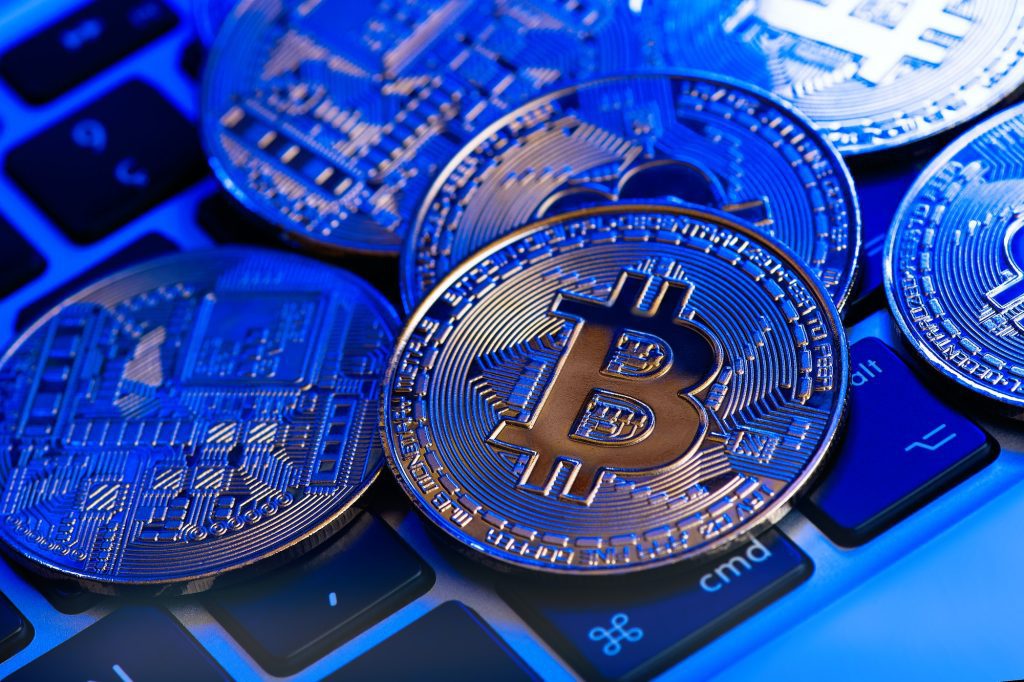South Korea’s new crypto bill to regulate unfair trade
The bill aims to regulate unfair trade practices and provide protection for crypto investors. It introduces measures to prevent illicit trading activities and imposes penalties for those engaged in such practices.

South Korea’s National Assembly has passed the ‘Act for the Protection of Virtual Asset Users,’ a new law to safeguard individuals involved in virtual asset transactions. The legislation covers various aspects, including the segregation of crypto custody, regulation of unfair trading practices, and granting regulatory authorities the power to supervise and enforce regulations on crypto firms. The law will take effect in July 2024.
The collapse of Terra, a South Korean-based company, played a significant role in prompting these regulations. The new laws address asset protection by prohibiting the mixing of business and client assets and requiring offline storage of a portion of assets. Service providers must have insurance or reserve funds to compensate users in case of failures or hacks, and transaction records must be retained for 15 years. The legislation aligns with the principle of ensuring consistent rules for similar activities and aims to be consistent with global legislation. The implementation will occur gradually, with upcoming phases focusing on token issuance, distribution, and disclosure requirements.
Market abuses, such as insider trading and price manipulation, are addressed, along with restrictions on trading crypto assets issued by providers. Violations of the regulations can result in penalties ranging from fines to prison terms, with stricter penalties for trading in self-issued crypto.
To ensure a smooth implementation, the Financial Services Commission will collaborate with other government departments. Additionally, the Financial Services Commission will have the authority to oversee and inspect service providers, while the Bank of Korea has the right to request data from service providers.
It is worth noting that existing legislation in South Korea primarily covers tokenized securities, and efforts are underway by major institutions to establish digital securities platforms.


